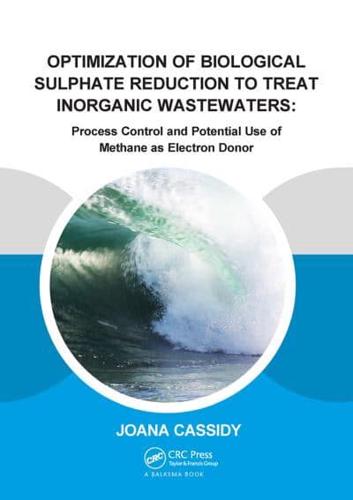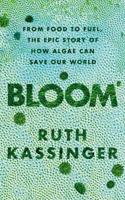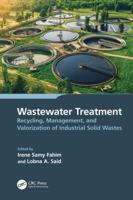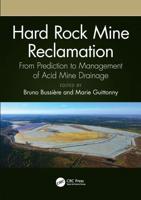Publisher's Synopsis
This work investigated two different approaches to optimize biological sulphate reduction in order to develop a process control strategy to optimize the input of an electron donor and to study how to increase the feasibility of using a cheap carbon source.Feast/famine regimes, applied to design the control strategy, were shown to induce the accumulation of storage compounds in the sulphate reducing biomass. This study showed that delays in the response time and a high control gain can be considered as the most critical factors affecting a sulphide control strategy in bioreactors. The delays are caused by the induction of different metabolic pathways in the anaerobic sludge, including the accumulation of storage products. On this basis, a mathematical model was developed and validated. This can be used to develop optimal control strategies.In order to understand the microbial pathways in the anaerobic oxidation of methane coupled to sulphate reduction (AOM-SR), diverse potential electron donors and acceptors were added to in vitro incubations of an AOM-SR enrichment at high pressure. Acetate was formed in the control group, probably resulting from the reduction of CO2. These results support the hypothesis that acetate may serve as an intermediate in the AOM-SR process.










